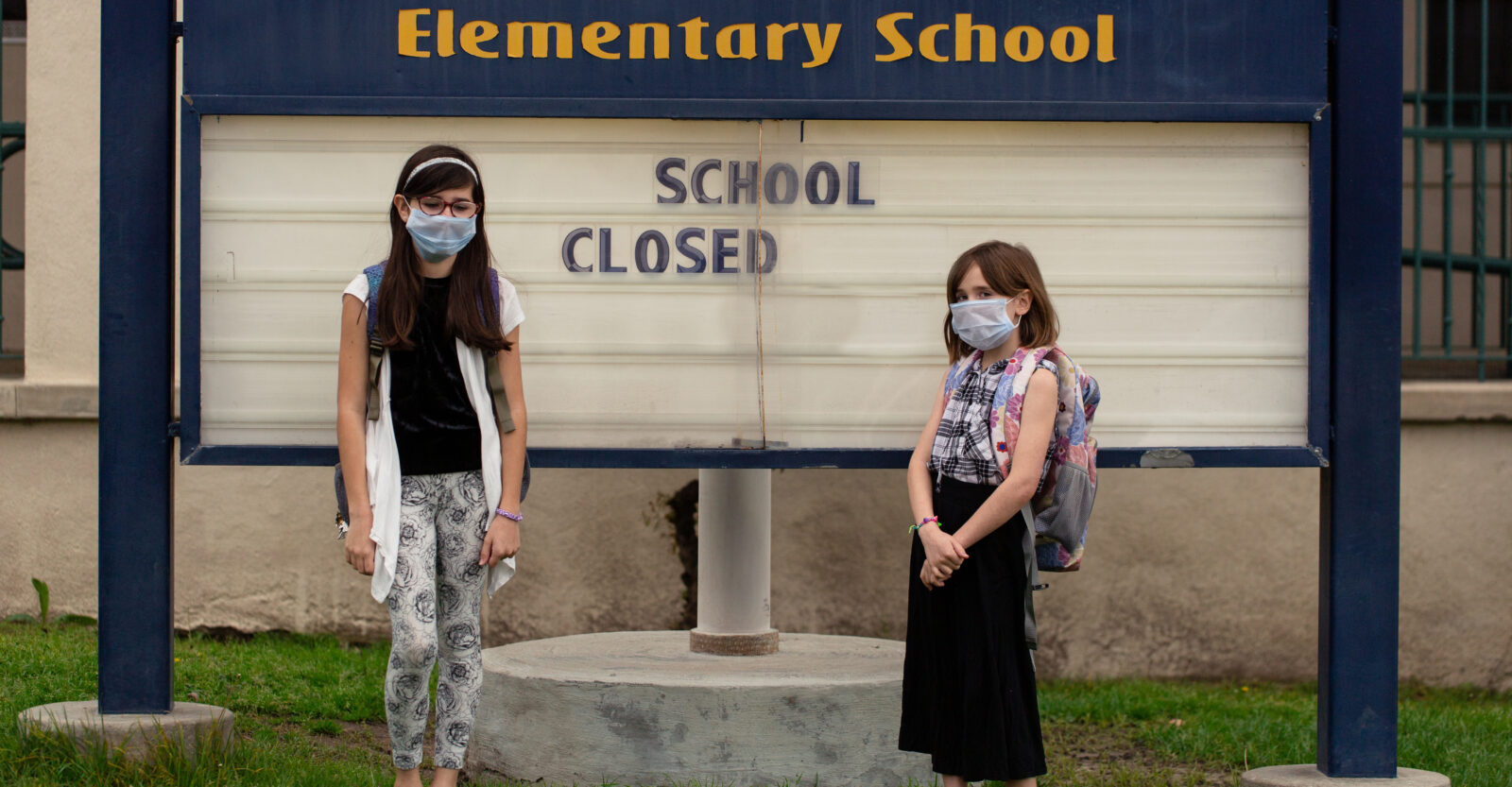The Covid Blame Game Lives On
Originally published at RealClear PoliticsLast year, New York Gov. Kathy Hochul admitted it was a “mistake” for the Empire State to “have all the kids go home and learn remotely.”
To her credit, Hochul recognized that a decision fueled by good intentions turned out to be bad for kids and bad for working moms.
On America’s other coast, alas, blaming people across the aisle for coronavirus woes has a home in California. Los Angeles Times columnist Michael Hiltzik recently wrote a column with the headline “These ‘experts’ sold the U.S. on a disastrous COVID plan, and never paid a professional price.”
Hiltzik targeted three “experts” — no need for the quote marks he used, as they are highly credentialed epidemiologists at big-name medical institutions — Jay Bhattacharya of Stanford, Martin Kulldorff, then at Harvard, and Sunetra Gupta of Oxford, who co-authored the October 2020 Great Barrington Declaration.
The commonsense document, later co-signed by more than 900,000 concerned citizens, medical and health policy professionals, recommended “focused protection” in lieu of lengthy universal lockdowns, because of shutdowns’ negative health consequences beyond Covid. They were right, and Hiltzik wants them punished for it.
“Current lockdown policies are producing devastating effects on short and long-term public health,” the Barrington declaration warned. “The results [to name a few] include lower childhood vaccination rates, worsening cardiovascular disease outcomes, fewer cancer screenings and deteriorating mental health — leading to greater excess mortality in years to come, with the working class and younger members of society carrying the heaviest burden. Keeping students out of school is a grave injustice.”
Co-author Bhattacharya is baffled. “They got their way,” he told me. “We did not. They got their lockdowns.”
And the Great Barrington Declaration was right.
Hiltzik is not satisfied. He challenged “academics and scientists who pushed a discredited solution to the COVID pandemic, shunning masks, school closings, even vaccines, all in the name of reaching the elusive goal of ‘herd immunity,’ resulting in what may have been hundreds of thousands of unnecessary American deaths.”
While Californians like to point to statistics that show a lower death rate for the Golden State than Florida, a March 23 study found that the Sunshine State’s Covid death rate was lower than California’s rate when age and health factors were considered, according to The Lancet.
It always was a mistake for Washington policymakers to target one dangerous and potentially fatal disease without factoring in the unintended consequences of draconian isolation, even if policymakers meant well.
In 2021, according to Trust for America’s Health, U.S. deaths due to alcohol, drugs and suicide rose 11%.
But also, because the laptop class saw staying home as the ultimate virtue, poor kids will grow up further behind than the children of professionals who had the time, money and knowledge to educate their children at home.
Note: The New York Times has reported that mask mandates don’t work and school closures have robbed children of an education that they can’t possibly master remotely.
I am especially intrigued by Hiltzik’s lament that the three specialists who, while he didn’t see it that way, actually got Covid right should be punished.
In 1993, the LA Times recalled Hiltzik, then a foreign correspondent in Moscow, to Los Angeles after he was caught snooping into his colleagues’ email. I read about it in The New York Times.
In 2006, the LA Times yanked Hiltzik’s blog after learning he violated ethical guidelines by posting favorable comments about himself online that he presented under a phony name. Hiltzik and a colleague won a Pulitzer in 1999, but that doesn’t mean he’s not a liability.
When he used his position to peek at his colleagues’ emails and, years later, to prop up his name, Hiltzik’s career, and his penchant for self-preening, survived.
